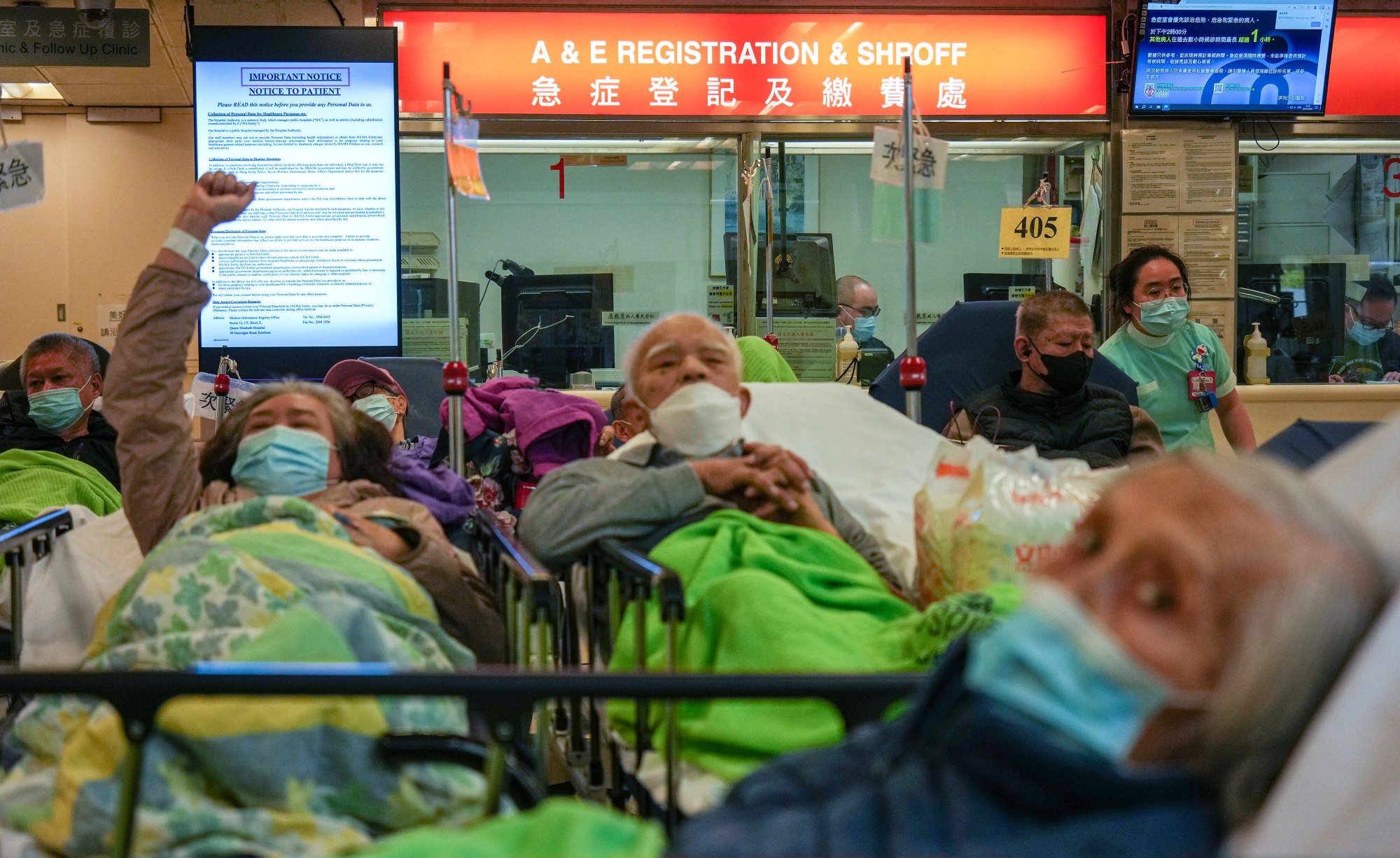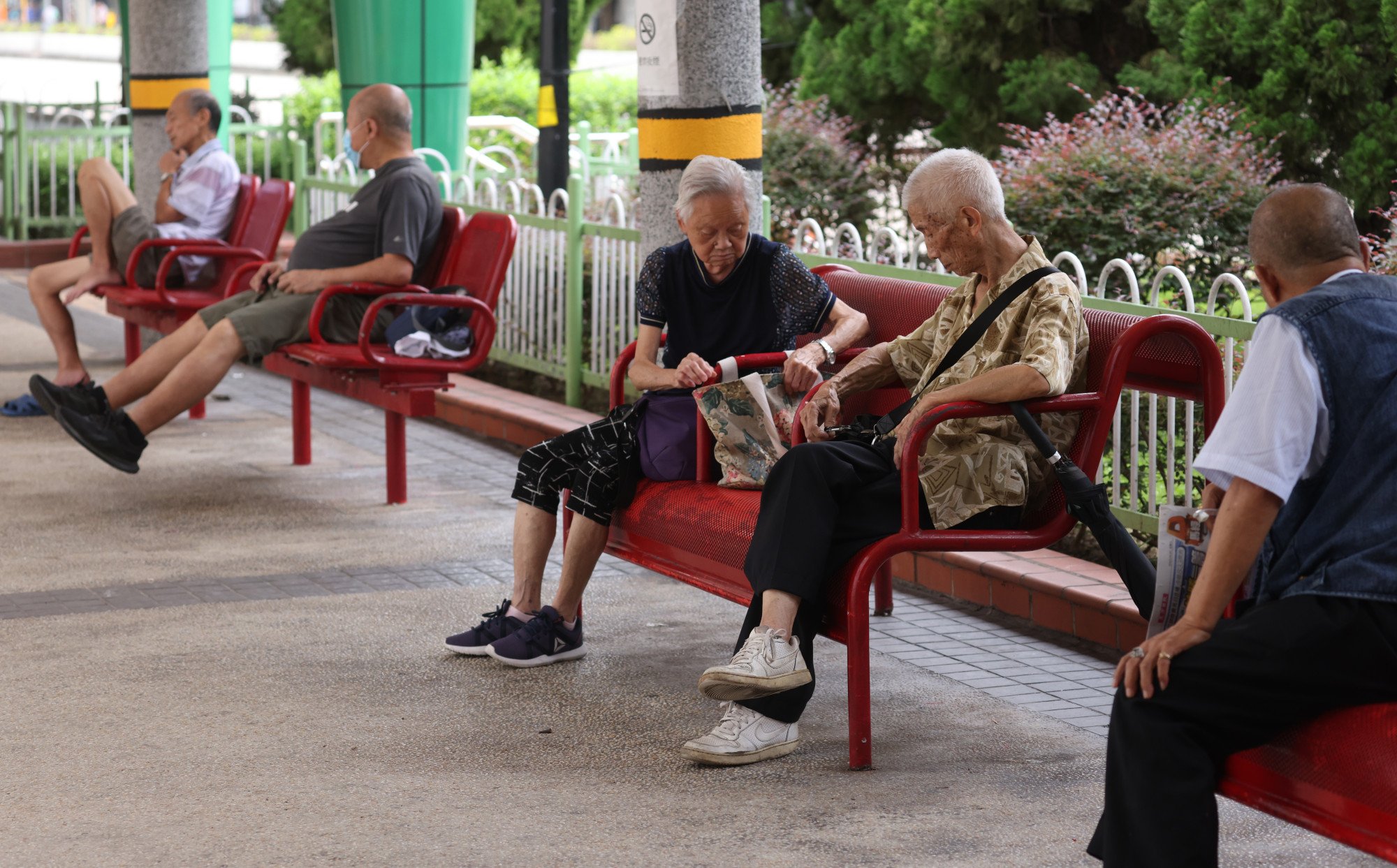
To cut Hong Kong A&E abuse, higher fees only part of healthcare solution
- Addressing why people go to the accident and emergency department for non-urgent conditions requires a holistic approach, including better primary care and community support for the elderly, and health literacy
Instead of focusing on fees only, we must adopt a more holistic approach that prioritises primary care services, together with adjustments to A&E charges and enhanced patient education, to address the issues involved and promote a more sustainable healthcare system.
To fully realise the benefits of primary care, we must adopt a network-based approach. Primary care networks, built upon the existing district health centre model, can provide a continuum of care, encompassing preventive, curative and rehabilitative services through multidisciplinary teams. By connecting patients to the appropriate services and optimising resource use, primary care networks can deliver improved healthcare outcomes with significant cost-saving potential.
A local study has shown that for every HK$1 invested in community health, there is a saving of HK$8.40 (US$1) in acute care costs. This is because primary care services can prevent the progression of chronic health conditions and reduce unnecessary hospital admissions, ultimately saving healthcare resources and reducing healthcare expenditure.

One area we can strategically target is the use of A&E services by senior citizens. Recent data shows a significant increase in the percentage of seniors using A&E services, from over 28 per cent in 2015/16 to 37 per cent in 2022/23.
To address this, we can consider scaling up community services that have showed positive outcomes. For example, the “ageing in place” scheme by the Hong Kong Housing Society offers housing, health and social care support to seniors in Housing Society rental estates. A&E visits by those in the scheme showed a significant drop from 31 per cent to 24 per cent over just three years.
These examples highlight the potential of community support and multidisciplinary care in lowering unnecessary A&E visits. By scaling up successful programmes and implementing similar models across primary care networks, we can make significant strides in improving healthcare outcomes for seniors and optimising resource allocation.

Drawing inspiration from successful initiatives implemented in other healthcare systems, like the National Health Service (NHS) in Britain, we can implement measures to manage the high demand for A&E services. One such measure is the NHS 111 hotline, where patients are triaged online and directed to the appropriate care setting.
Apart from NHS 111, upon arrival at an A&E, patients undergo an initial clinical assessment, where clinicians determine the level of urgency and the appropriate care service required. Patients with less urgent conditions are directed to co-located primary care services to lower A&E departments’ caseload.
A&E system needs to be reviewed to gain the best value for money
Some other measures to alleviate demand for A&E services include offering more general practitioner services in the evenings and on weekends, which are seen to be effective in reducing demand for A&E services. The Hong Kong government should consider implementing these measures to leverage primary care services, in addition to raising A&E charges, to change people’s help-seeking behaviour.
Additionally, patient education and empowerment play a crucial role in reducing reliance on A&E departments. By promoting self-care practices and encouraging patients to differentiate between non-urgent and emergency situations, primary care providers can empower people to make informed decisions about their healthcare needs.
Dicky Chow is a researcher at Our Hong Kong Foundation
Dorothy Yeung is an assistant researcher at Our Hong Kong Foundation


